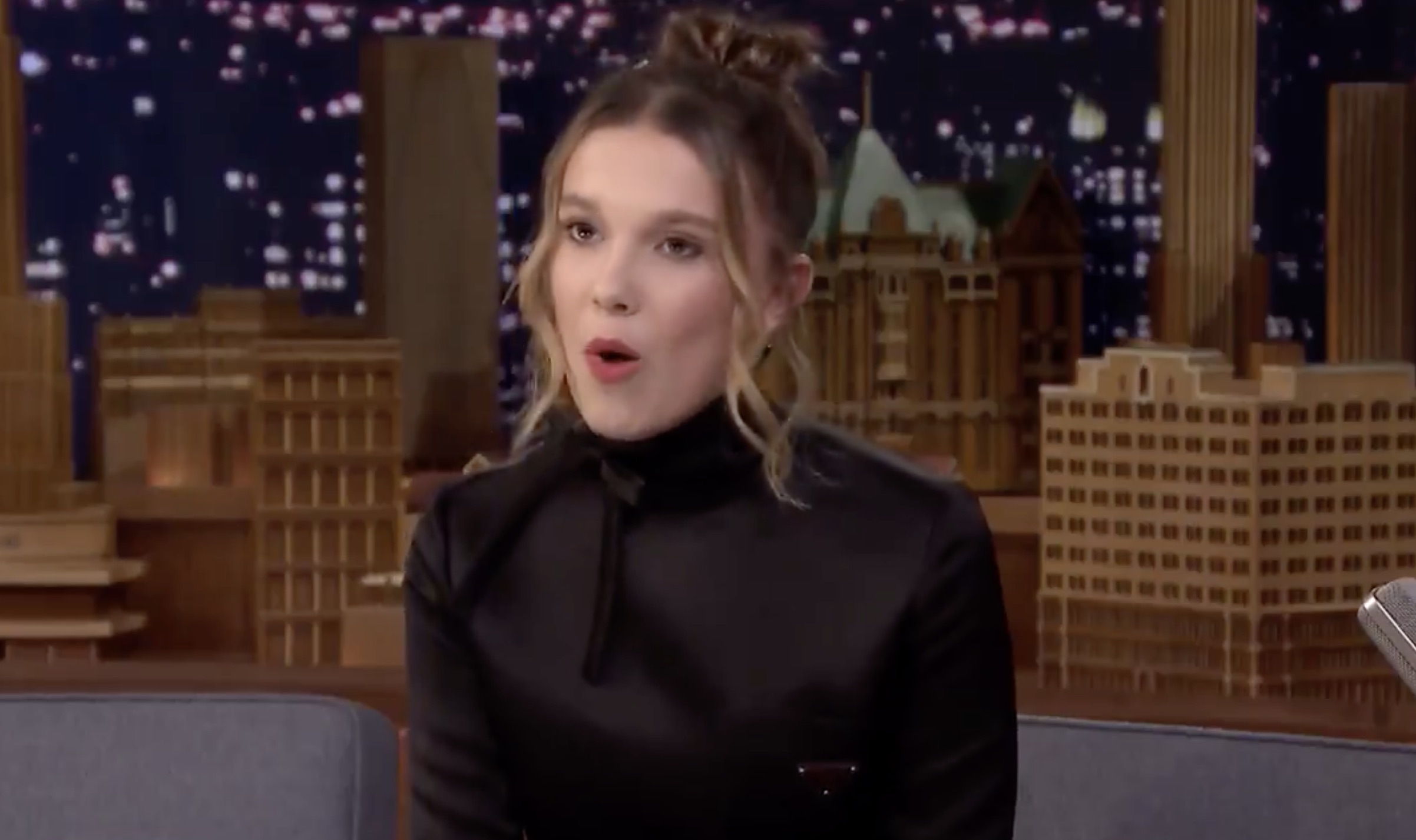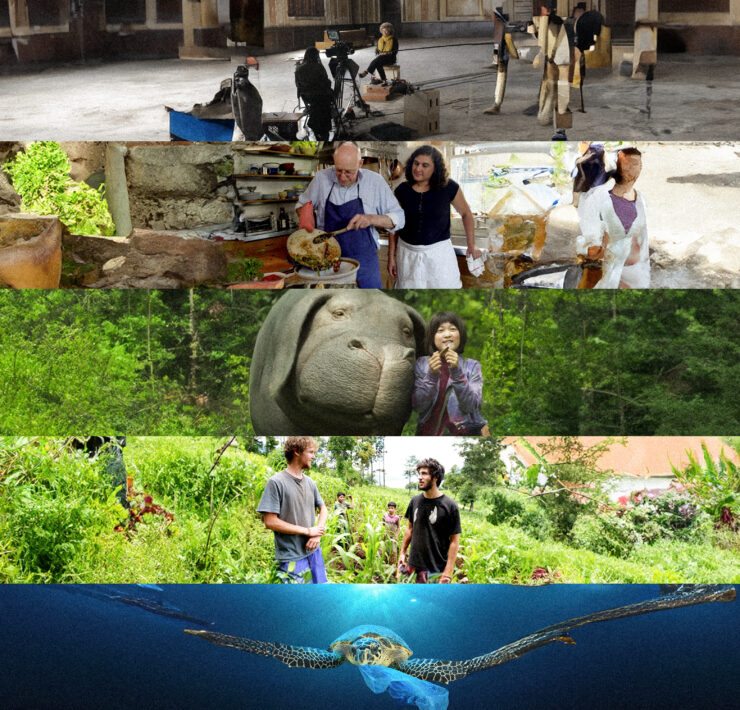
“Rest and laughter are the most spiritual and subversive acts of all,” Anne Lamott once wrote. Amy Poehler’s Wine Country embodies this concept well: Six women, solidly in middle age and feeding off a 20-year friendship, reunite for a weekend of rest, laughter, and—of course—wine in Napa Valley to celebrate one friend’s 50th birthday. While the film is crammed with solid one-liners and improvised bits, Wine Country also seriously subverts the film industry’s tired tropes about women, transcending the usual one-dimensional women’s stories.
It’s hard to believe in 2019 stories told by women, about women (that have nothing to do with their relationships to men), still feel radical, but the unapologetic female centrism of Wine Country makes this buddy comedy feel like a bold vanguard. The movie’s main cast (Amy Poehler, Maya Rudolph, Rachel Dratch, Paula Pell, Ana Gasteyer and Emily Spivey) are presented almost entirely apart from their roles as spouses, mothers or working professionals. The opening scene—a series of overlapping group calls between the friends—locates each woman in some part of her life, notably Naomi (Rudolph) as a mother of four and Catherine (Gasteyer) as a successful career woman. But even in those scenes, the women themselves are so much the central focus that their work and relationships are more background noise than backstory.
Letting the women stand alone, and telling the parts of their stories that are separate from their domestic relationships, was a very intentional choice for Poehler, who directed and produced the film. “The women I know in their 40s and 50s are incredibly interesting, funny, accomplished, doing a million things, and there’s a lot of rich stories to tell there,” she said in a recent Vanity Fair interview. While many other stories about women “involve loss or fear of being left,” as Poehler put it, the deep friendships that have sustained women for millennia are a tremendous untapped source of entertainment, whether for buddy comedies like Wine Country or dramatic fare like Netflix’s Dead to Me or HBO’s My Brilliant Friend.
Its value is deeper than entertainment, though. Wine Country is one more brushstroke for the common imagination about what it means to be a woman in the world. There are so many stories about women coming of age, falling in love, having children, dealing with marital conflict, dealing with a partner’s infidelity or death, adjusting to an empty nest or figuring out how to relate to their grown children. At first glance, these seem to compose a multifaceted narrative for women, but the common denominator is the woman’s relationship to a man or to her offspring, and that means they coalesce into a one-dimensional look at the female experience: women existing for the sake of others.
In her excellent TED Talk, author Chimamanda Ngozi Adichie warns against the danger of a single story. “To create a single story,” she says, you must “show a people as one thing, as only one thing, over and over again, and that is what they become.”
For women in my own stage of life—married, fairly new mothers, more settled in our careers—it’s common to look around and wonder: What’s next? What else am I, apart from a woman who makes the journey from maiden to mother? Stories are guides; they are the way we make sense out of life, how we try on experiences and imagine what we might do if we encountered such conditions. What happens after a woman has come of age, found a partner, had a child, and established herself in her career? What happens on the inside, to her spirit, apart from feeling needed by her children (or not), attractive to the male gaze (or not), a contributing member of society (or not)? The countercultural narrative of Wine Country doesn’t have all the answers, but it offers one idea of what’s possible: A woman can simply exist as a human in the world; she can dance and laugh with her friends and drink wine under the stars. She can be free.
Wine Country can almost be compared to Anita Diamant’s much-loved novel The Red Tent. The two are different in setting and tone but they find common ground in the core of their stories: the transformative, life-giving power of female friendship. “This group is sacred to me,” Naomi says in Wine Country, in the midst of a no-holds-barred argument between the six friends. But the real source of the friends’ conflict was how some of them—especially Abby, Naomi and Catherine—were keeping their hurts, fears and insecurities to themselves instead of letting the other women help carry their burden.
In The Red Tent, the women of Jacob’s tribe survive and even thrive in their harsh, patriarchal tribal culture by supporting one another and coming together in the “red tent” once a month to tend to each other, make escape plans, rest, laugh and celebrate their womanhood. This type of subversive female friendship has existed since the beginning of humanity, hidden in cultural “red tents” like women’s quarters and the space around a cookfire, among nursing mothers, at kitchen tables and at Tupperware parties, in corporate pumping rooms and, of course, in any women’s restroom, anywhere.
Directors like Amy Poehler and films like Wine Country affirm the vital importance of these sacred circles, not just intensifying the power they’ve always held, but allowing them to create a new future—one full of multi-dimensional stories and multi-dimensional possibilities.






















